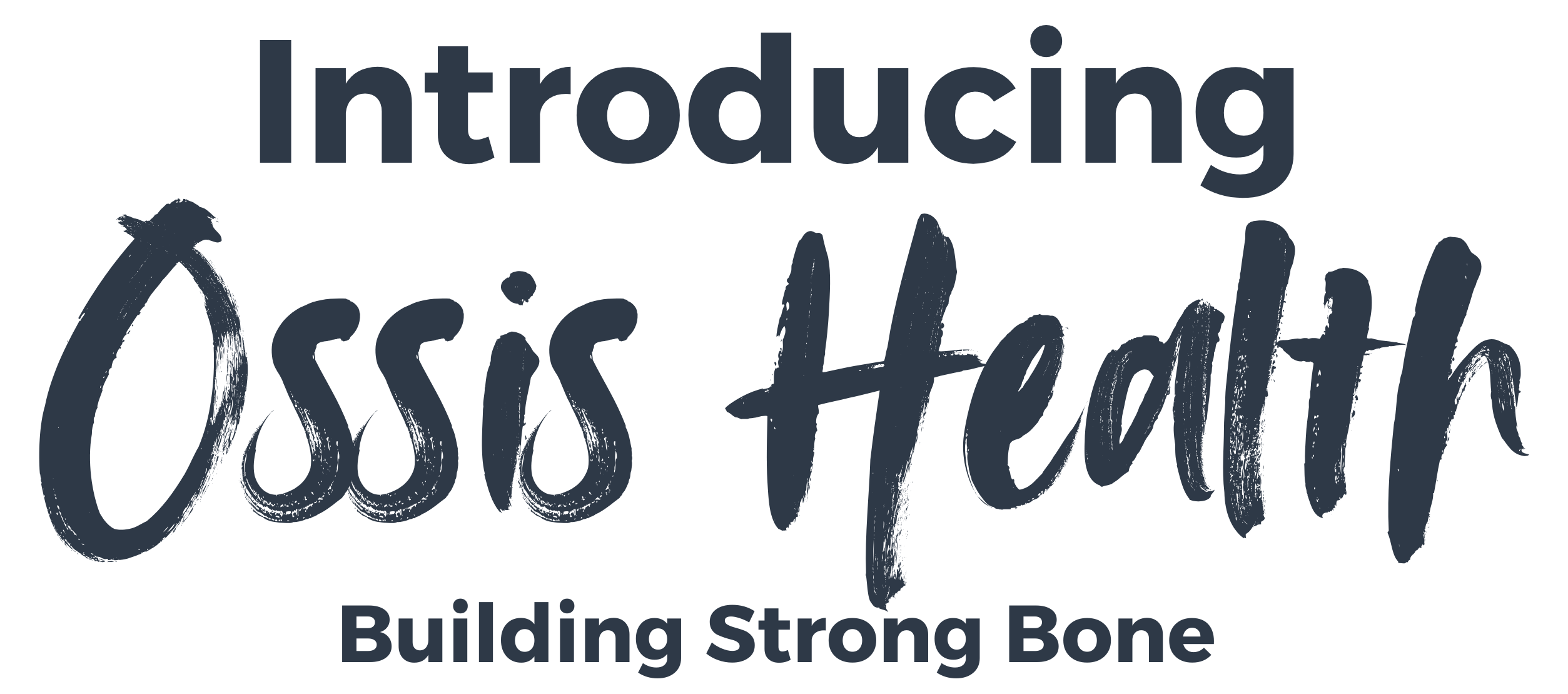
Can AI/Chat GPT Solve Movement-Specific Pain or Inefficiencies?
Jul 16, 2023You'd have to be living under a tech rock if you haven't heard about AI/ChatGPT and it's influence on a huge number of aspects of modern life. There is resistance and acceptance. Some are fighting back, saying that it will never replace the nuance of human perception/emotion/thought, and there are some saying that what it provides from an efficiency perspective is a game changer.
Insider.com recently posted an article (linked HERE) about how a Seattle-based tech guy, and a running skeptic, used ChatGPT to create a healthy running plan where he ultimately fell in love with running and lost 26lb (12kg). What is so special about this result, is not that he just ran well and lost weight, but from the prompts and learning he provided to the AI, it understood the emotional difficulties he faced and it created a strategy, such as Day 1: put your running shoes by the front door, that gently worked on his mindset and to build in habits, vs just: GO RUN.
What is ChatGPT?
For those that haven't dipped their digital toes into the AI world, at this stage ChatGPT is a language-only model. As in, it can only provide written solutions. Now there are other AI bots coming online thick and fast, and some, such as DALL-E can provide incredible images, all specific to the prompts and learning you provide.
And this is the key - you need to teach it. It needs to be 'fed' information. I was at an AI presentation a few weeks ago, and the most striking point made was "if you feed AI biased information, you'll get a biased answer". So here's an example I asked:

This is patently wrong, and there is evidence that says if you static stretch pre-run it can have a negative effect on your running performance.
So what happens when you ask it a well worded question?

I won't copy and paste the answer here because it is lengthy, but to summarise:
- Good Points: yes, it created a 6 week return to run plan, that was gradual and something that I would put my name to. It considered fatigue post-workout.
- Bad Points: the exercise prescription was referred to only as 'cross training (low-impact activity such as swimming or cycling)'. And what we know, is if you're starting a learn-to-run programme, then building resilience and capacity (relative to the loading experienced when running) is crucial. And this is best done with some appropriate exercise prescription.
So I 'fed' it more information: 'What specific exercises would you recommend?'
- Answer: Clam shells, Side-lying Hip ABduction, Hip Hikes, Single Leg Squats, Eccentric Decline Squats, and Foam Rolling. All with very standard cues and rep loading. And you know what, this is 'fine'. BUT:
Where Does ChatGPT Get It Wrong?
Nuance. Individuality. ACTUAL evidence-based advice.
So could I have 'fed' it more? Yes, but I'm the clinician. What would you, as the athlete continue to 'feed' it? Biased opinion? Skewed personal information. 'Facts' you found on a random running blog (not this one clearly)?
And from an exercise prescription perspective, especially when treating an injured athlete, nuance is hugely important. Using the example above, I have an ITB issue when running. Basic anatomy shows that the ITB is connected to a muscle in the front of the hip called TFL, as shown here:

And so the one thing we don't want to do is increase the strength/tension on the TFL as it will continue to pull on the ITB, exacerbating the problem. One of the exercise prescribed was Side-lying Hip ABduction:

Now if your pelvis is rotated backwards too far, or the orientation of the top leg is wrong (etc etc) then you're going to default to TFL and compound the situation. You're not to know that via ChatGPT's advice.
Where Does ChatGPT Get It Right?
Thankfully, ChatGPT is not trying to take the place of your front line practitioner. The final paragraph is:

Also, the exercises it prescribed, as mentioned above are 'fine', and will put you on the right path. SO:
What does the future hold?
Exciting stuff, and SUPER fast moving progress.
But what about the movement sciences? Can, most obviously, ChatGPT (or a variant thereof) provide a sound, evidence-based solution that I can for you as an athlete that has either movement-specific pain, or movement inefficiencies?
Possible scenario: What if I, with the help of a super smart tech partner, were to start 'feeding' an AI Bot? Could I 'teach' it to provide you, the injured in inefficient athlete with the right advice and feedback to resolve the issue and get back to full movement health? Hmmmmmmm
Stay connected with news and updates!
Join our mailing list to receive the latest news and updates from our team.
Don't worry, your information will not be shared.
We hate SPAM. We will never sell your information, for any reason.


